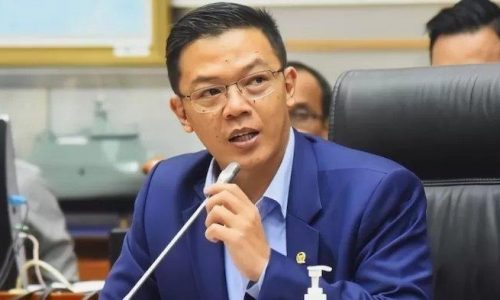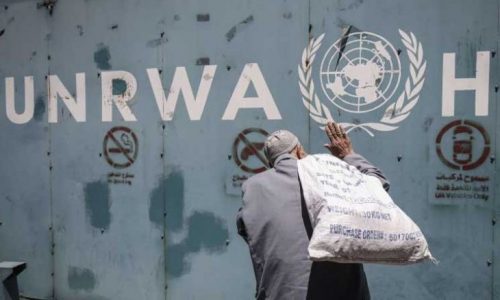The climate crisis is at a critical juncture again, with a number of programs affecting climate change mitigation set to be halted by the newly re-elected U.S. President Donald Trump.
Trump’s re-election in the 2024 election sparks reactions to its implications among experts on climate change and the global clean energy transition, with Trump having earlier promised to defund the Inflation Reduction Act, a policy that had allocated US$400 billion to support clean energy and climate change mitigation.
Trump has also signalled a desire to strengthen fossil fuel use and withdraw from the Paris Agreement. In addition, he has previously expressed a desire to roll back President Biden’s green incentives, increase fossil fuel use, and exit the Paris Agreement.
Nevertheless, energy experts in Asia say that strong clean energy progress makes the energy transition inevitable. In addition, countries in Asia are already seeing how accelerating renewable energy and reducing dependence on fossil energy is beneficial to their countries.
“With Trump’s re-election, we must amplify calls for global action to stay on a 1.5°C pathway, especially through a fossil fuel phase-out, a just renewable energy transition, and the channeling of climate funds and resources owed by developed countries to the world’s most vulnerable,” Gerry Arances, Executive Director at the Center for Energy, Ecology, and Development (CEED), a climate advocacy group based in the Philippines, said in a statement on November 12, 2024.
In the coming months, Trump’s re-election will have wider climate consequences for Asia. In January, President Biden temporarily halted approvals for LNG exports from pending projects and those still in the planning stages. Experts argue that Trump’s re-election could end the moratorium more quickly. The experts said that this change in the moratorium could affect the achievement of national and regional de-carbonization targets of various countries in Asia.
“U.S. LNG exporters counting on the growth potential of Asian LNG markets should remember that LNG will not land cheaply in Asia. Southeast Asia is definitely not Japan and South Korea. As renewable energy and storage costs decline and scrutiny of LNG methane emissions increases, Asian countries will make their choices carefully,” Putra Adhiguna, Managing Director of Energy Shift Institute, a Southeast Asian energy think tank, said.
He said further that if all planned gas projects in Asia are realized, gas capacity in the region will double. According to the Global Energy Monitor, this would also increase LNG imports by 80 percent.
Recent research also shows that exported gas has higher emissions than coal − neither of which can be built anew if the world wants to keep temperature rise below 1.5 degrees and avoid irreversible climate catastrophe.
Such development is also not in line with forecast gas demand in the region. Gas demand in Japan and South Korea, Asia’s largest LNG importers, is expected to decline consistently over the next few years.
According to the International Energy Agency, rapid energy growth is expected to make gas demand peak before 2035. After that, gas demand in Southeast Asia is projected to decline by nearly 40 percent between 2035 and 2050, in line with the policies that countries in the region have announced.









